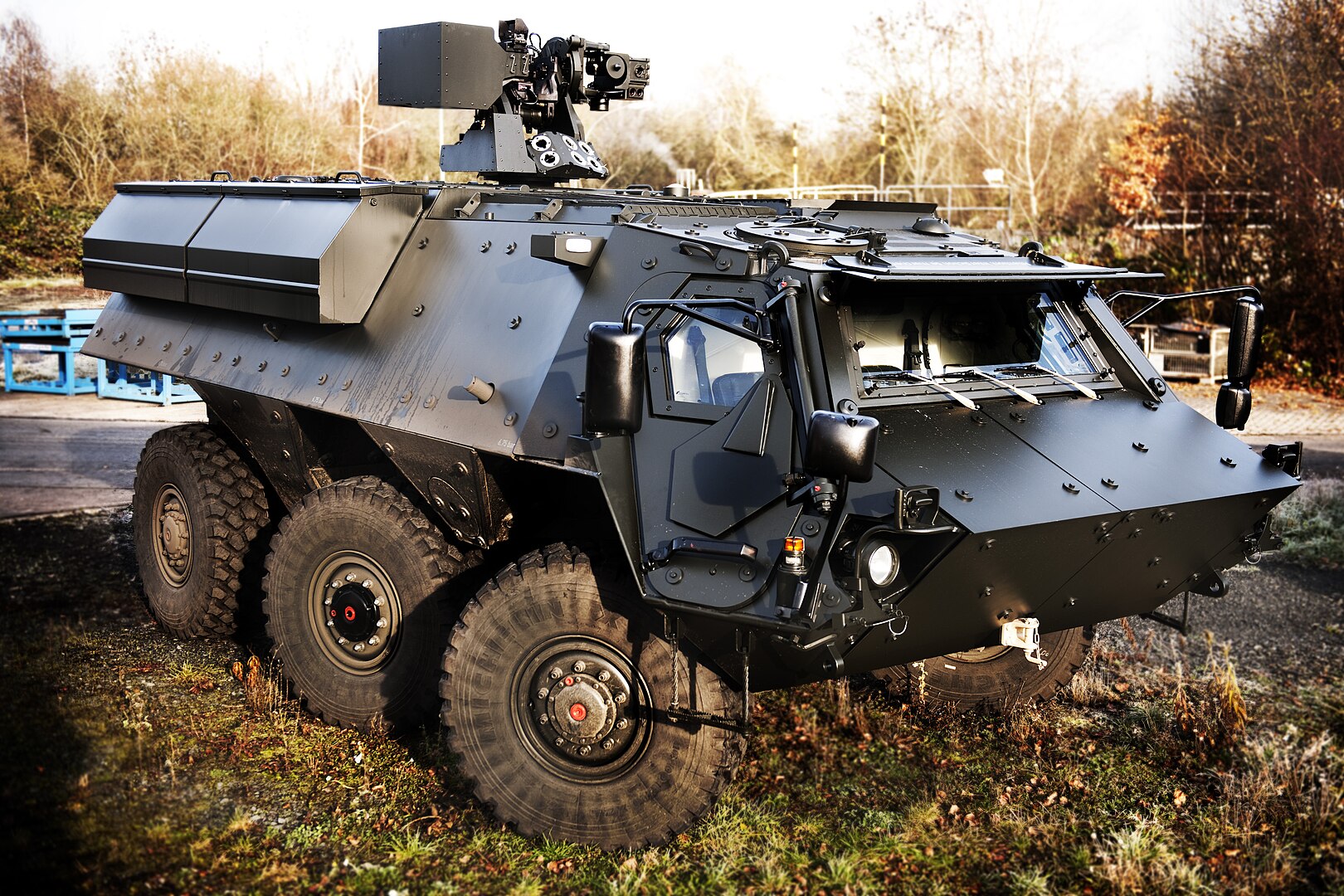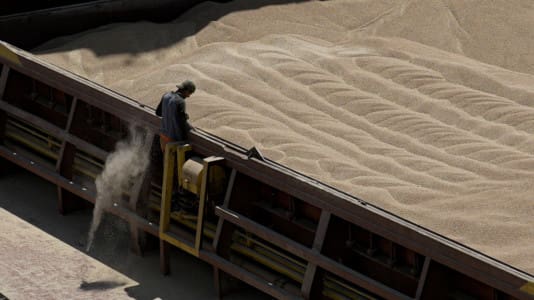German defense contractor Rheinmetall AG will open a factory for making armored personnel carriers in Ukraine, CEO Armin Papperger told CNN on Monday.
Rheinmetall will also train Ukrainian units to maintain the tanks and other armored vehicles produced at the plant.
“The Ukrainians have to help themselves. It is not a solution that they always have to wait for the Europeans or the Americans to help them in the next 10 or 20 years,” Papperger said.
Rheinmetall announced the construction of the plant in Ukraine earlier this year, promising at the time that it will assemble 400 armored vehicles at the new factory.
Papperger has now also revealed that the future workers at the factory will produce and repair the TPz Fuchs 2 armored personnel carrier, under a German license. Rheinmetall will operate the plant in partnership with the Ukrainian state defense group Ukroboronprom, which will also own the facility.
The TPz Fuchs 2 can carry up to nine troops; is fitted with nuclear, biological and chemical (NBC) protection; has a range of 800 kilometers; and can be equipped with various short-range missiles, such as anti-tank missiles.
It is currently operated by 12 countries, with the United States having the second largest number (123) of the vehicles after Germany (996).
The CEO also responded to fears of a possible Russian military strike, saying the factory in the west of the country would be protected from missile strikes.
“There are currently many factories producing military products in Ukraine. This is just another one, and we can protect it too,” Papperger said, adding that Rheinmetall aims to also increase ammunition production.
Papperger said that next year its annual production of artillery shells will go from 100,000 to 600,000, with the bulk of the extra capacity serving Ukrainian needs; the rest will be used to replenish Germany’s dwindling stocks.





